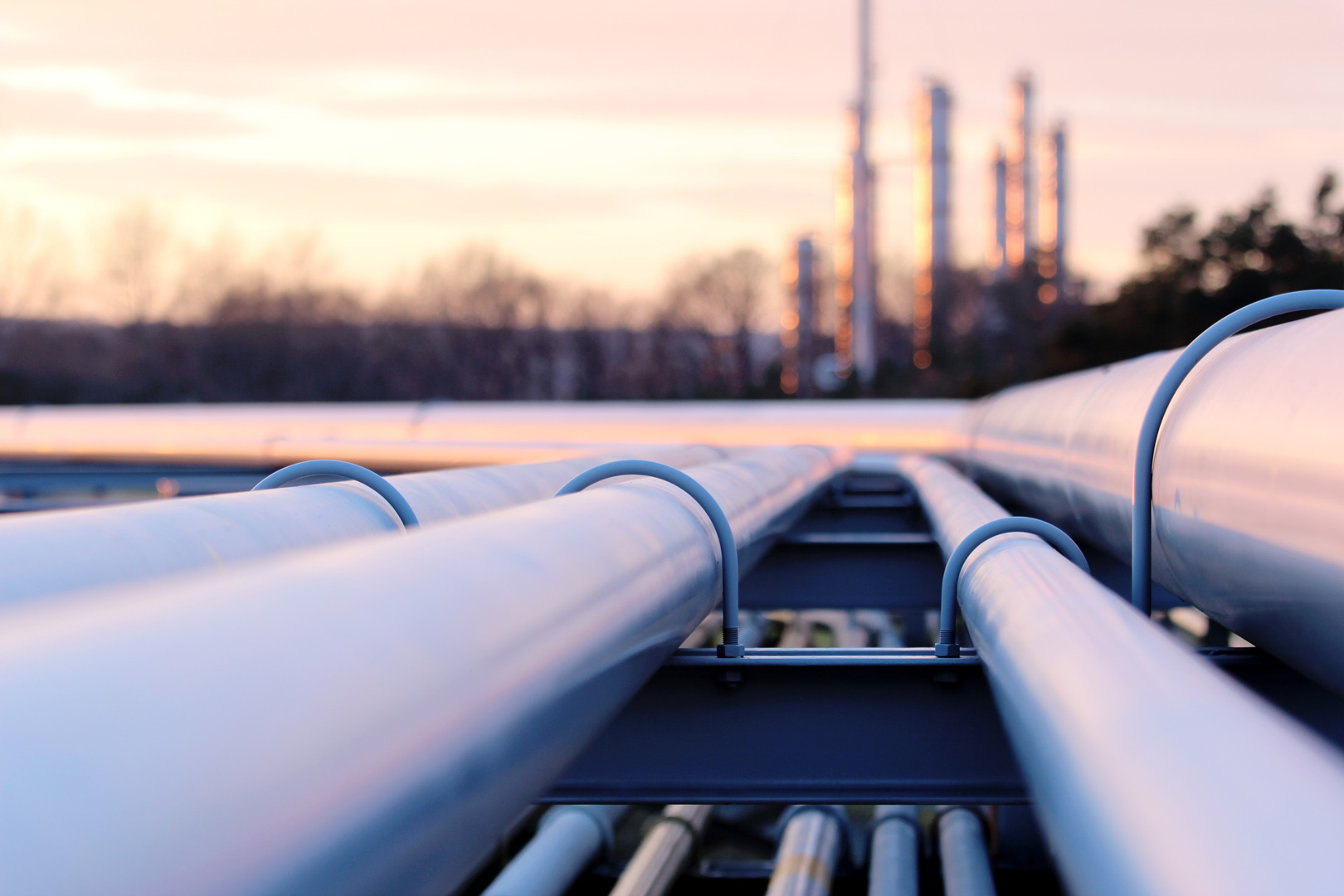The Trans-Caspian Gas Pipeline, which could deliver natural gas from Turkmenistan to the European market, came into the spotlight during a recent meeting between the Vice President of the European Commission for Energy Union, Maros Sefcovic, representatives from the Directorate General for Energy of the European Commission, and a Turkmenistani delegation held in Brussels this week.
“The EU showed a great interest in the construction of the Trans-Caspian gas pipeline and the supplies of Turkmen natural gas to the European market,” Deputy Prime Minister Rashid Meredov said during a video conference held on October 22, according to the Turkmenistan state-run news agency Neutral Turkmenistan. According to Meredov, the EU side expressed readiness to assist Turkmenistan in attracting investment.
The Trans-Caspian pipeline would form a fourth segment to another project already underway, namely the Southern Gas Corridor, boosting that gas pipeline’s capacity almost threefold.
The Southern Gas Corridor, which begins in Azerbaijan and traverses through Georgia, Turkey, Greece and Albania before connecting to southern Italy, already has a throughput capacity to deliver 10 billion cubic meters (bcm) of natural gas per year to Europe, while dropping off another six bcm to Turkey en route. As a result, roughly 10 million European homes will get their energy from hydrocarbons trapped beneath the Caspian Sea in Azerbaijan’s Shah Deniz natural gas and condensate field.
The Trans-Caspian Gas Pipeline puts the Southern Gas Corridor on steroids: Plans are underway for it to deliver 30 bcm annually from Turkmenistan, which has the world’s sixth largest natural gas proved reserves and is the world’s ninth largest exporter.
The idea for a pipeline tapping into Turkmenistan’s vast hydrocarbon resources is nothing new. The project was first suggested by the U.S. in 1996; by 1999, the government in Ashgabat had inked an agreement with General Electric and Bechtel Group for a feasibility study for a pipeline. But the development of the pipeline came to a halt due to the unresolved legal status of the Caspian Sea.
Earlier this summer, the five countries surrounding the Caspian Sea – Azerbaijan, Iran, Kazakhstan, Russia and Turkmenistan reached an agreement, however, ending a more than two-decade-long debate. President Gurbanguly Berdimuhamedov said that the Convention on the Legal Status of the Caspian Sea provides the legal framework that is necessary for laying the pipeline.
"Now, only the consent of the parties to the project and environmental assessment that meets strict international requirements are needed to realize this demanded project,” Meredov reported Turkmenistan’s president as saying. Meredov noted that the Trans-Caspian Gas Pipeline would help meet Europe’s ever-growing energy demands for at least 30 years.
The EU currently imports 69 percent of the natural gas it consumes, according to European Commission. While the EU vowed to cut its dependency on Russian gas after the crisis in Ukraine in 2014, data shows that Russian natural gas exports to Europe have risen to record levels in the last two years. Russia was the largest supplier of natural gas to the EU, both in 2017 and in the first half of 2018, when the country met 39 and 41 percent, respectively, of the EU natural gas imports, according to Eurostat Statistics.







 Russian peacekeeping forces, deployed in the Karabakh (Garabagh) region of Azerbaijan since 2020, have commenced their withdrawal from the area.
Russian peacekeeping forces, deployed in the Karabakh (Garabagh) region of Azerbaijan since 2020, have commenced their withdrawal from the area.
 Iran's senior military leaders described the drone and missile attack on Israel on April 14 night as “successful".
Iran's senior military leaders described the drone and missile attack on Israel on April 14 night as “successful".
 The number of evacuees from flooded areas in Kazakhstan has reached 97,852 people, including about 32,856 children since March 27.
The number of evacuees from flooded areas in Kazakhstan has reached 97,852 people, including about 32,856 children since March 27.
 Azerbaijan officially unveiled the logo for the upcoming 29th session of the Conference of the Parties to the United Nations Framework Convention o...
Azerbaijan officially unveiled the logo for the upcoming 29th session of the Conference of the Parties to the United Nations Framework Convention o...
 Iranian President Ebrahim Raisi warned Israel that it would face a "real and extensive" response if it makes any "mistake" following Tehran’s missi...
Iranian President Ebrahim Raisi warned Israel that it would face a "real and extensive" response if it makes any "mistake" following Tehran’s missi...



